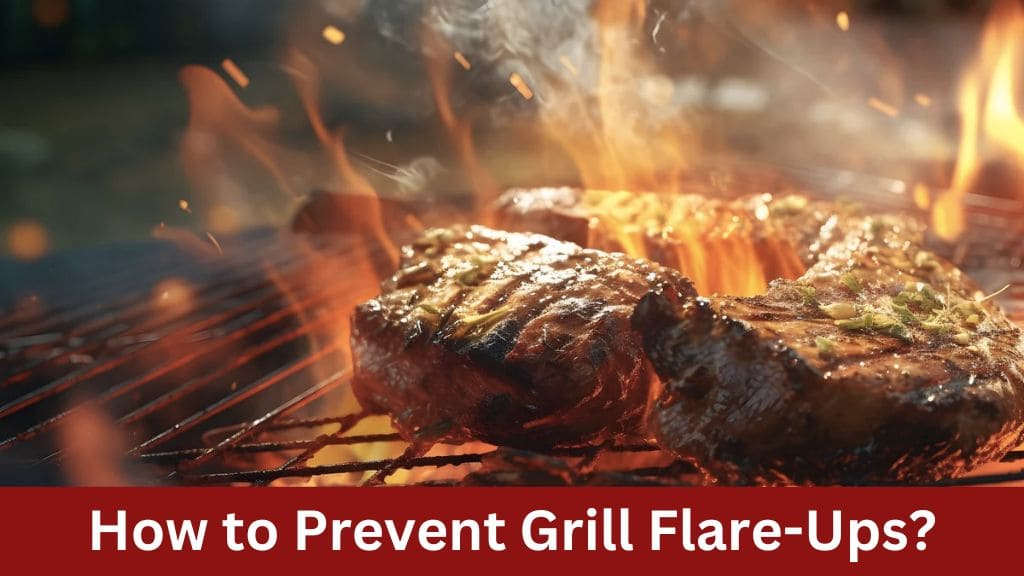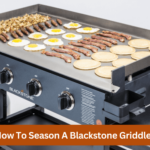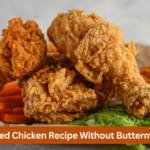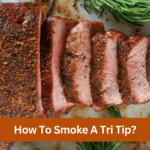Grilling is a beloved cooking method, especially during the summer months when the weather beckons us outdoors. There’s nothing quite like the aroma of food sizzling over an open flame. However, one common issue that can put a damper on your grilling experience is flare-ups. These sudden bursts of flames not only threaten the quality of your food but also pose safety risks. Fortunately, there are several effective ways to prevent grill flare-ups and ensure a smooth, enjoyable grilling session. In this comprehensive guide, we’ll explore various techniques and tips to help you minimize flare-ups and achieve perfectly grilled dishes every time.
Understanding Grill Flare-Ups

Before delving into prevention strategies, it’s essential to understand what causes grill flare-ups. Flare-ups occur when fat or oil from the food drips onto the heat source, resulting in sudden bursts of flames. This can happen with any type of grill, whether it’s gas, charcoal, or electric. While certain factors, such as the type of grill and environmental conditions, can influence the frequency and severity of flare-ups, excess fat is the primary culprit.
Factors Contributing to Flare-Ups
- Type of Grill: Gas grills tend to have fewer flare-ups than charcoal grills due to better temperature control. However, both types can experience flare-ups under certain conditions.
- Food Composition: Foods with higher fat content, such as marbled steaks or fatty cuts of meat, are more likely to cause flare-ups.
- Environmental Conditions: Windy conditions can exacerbate flare-ups by fanning the flames and spreading heat unevenly across the grill surface.
- Maintenance: A dirty grill with accumulated grease and debris is more prone to flare-ups. Regular cleaning and maintenance are crucial for preventing this.
Now that we understand the causes of flare-ups, let’s explore practical strategies to prevent them.
Practical Tips for Flare-Up Prevention
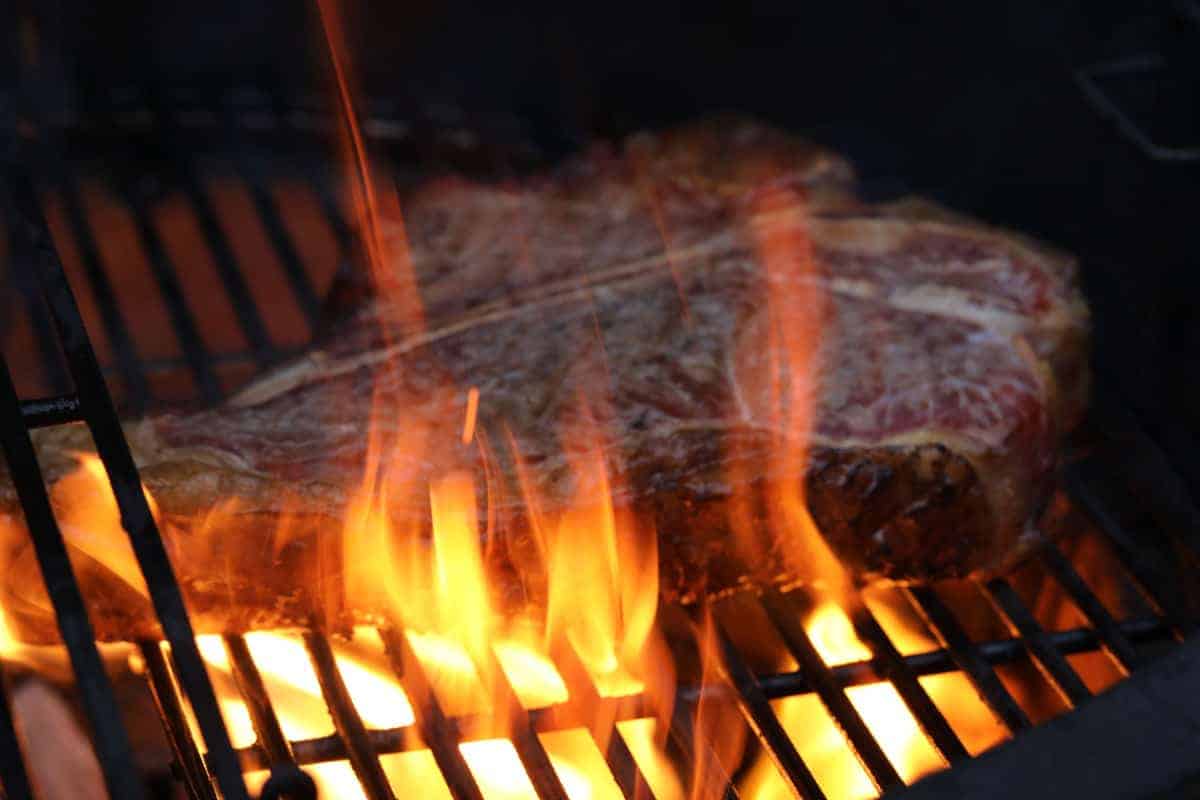
Clean Your Grill Regularly
- Importance of Cleaning: A clean grill not only ensures food safety but also helps prevent flare-ups. Grease and food residue left on the grill grates and burners can ignite and cause unexpected flames.
- Cleaning Process: Before each grilling session, use a grill brush to scrub the grates and remove any stuck-on food particles or grease buildup. Pay attention to the burners and vents as well. Additionally, empty and clean the drip tray or grease pan to prevent grease accumulation.
Trim Excess Fat from Meat
- Significance of Trimming Fat: Fat dripping from meat is a major contributor to flare-ups. By trimming excess fat from cuts of meat before grilling, you can significantly reduce the risk of flare-ups.
- Trimming Techniques: Use a sharp knife to trim visible fat from meat cuts. Focus on areas with thick fat layers, such as the edges or marbled sections. Aim to leave a thin layer of fat to enhance flavor and juiciness without causing excessive dripping.
Marinate with Caution
- Understanding Marination Risks: While marinating meat adds flavor, certain marinades, especially those high in oil, can increase the likelihood of flare-ups. Oil-based marinades can drip onto the grill and ignite, causing flames.
- Smart Marinating: Opt for marinades with lower oil content or use alternative flavoring agents such as herbs, spices, or citrus juices. If using oil-based marinades, pat the meat dry before grilling to minimize excess oil drippings.
Use a Drip Pan
- Function of Drip Pan: Placing a drip pan underneath the grill grates serves as a barrier to intercept fat drippings before they reach the heat source. This helps prevent grease flare-ups and reduces the need for excessive cleaning.
- Positioning and Maintenance: Position the drip pan directly below the food being grilled to catch drippings effectively. Empty and clean the drip pan regularly to prevent grease buildup, which can pose fire hazards.
Control Heat Levels
- Heat Management: Maintaining consistent heat levels is essential for preventing flare-ups. Cooking at excessively high temperatures can lead to fat dripping and flare-ups. Aim for moderate heat settings to minimize flare-up risks.
- Adjustment Techniques: Monitor the grill temperature using built-in thermometers or grill accessories. Adjust burner settings as needed to maintain a steady cooking temperature throughout the grilling process.
Preheat Your Grill
- Purpose of Preheating: Preheating your grill before cooking serves multiple purposes, including burning off residual grease and debris, ensuring even cooking, and reducing flare-up risks.
- Preheating Procedure: Allow your grill to preheat for at least 10-15 minutes before adding food. This allows the grill grates and burners to reach the desired cooking temperature and helps minimize sticking issues.
Use Indirect Heat
- Indirect Cooking Benefits: When grilling foods prone to causing flare-ups, such as fatty cuts of meat or marinated items, using indirect heat can help reduce flare-up risks while still achieving flavorful results.
- Technique Description: Indirect heat involves turning off the burners on one side of the grill and placing the food on the cooler side to cook indirectly. This allows for slower, more controlled cooking without direct exposure to flames.
Don’t Leave Your Grill Unattended
- Safety Precautions: One of the golden rules of grilling is to never leave your grill unattended, especially during the initial cooking stages when flare-ups are most likely to occur.
- Vigilance Practices: Stay near the grill at all times while cooking, keeping a close eye on the food and adjusting heat levels as needed. Promptly address any flare-ups by moving the food away from the heat source and adjusting burner settings.
Conclusion
Grill flare-ups are a common occurrence, but with proper precautions and preventive measures, they can be minimized or even avoided altogether. By following the tips outlined in this guide, you can enjoy a safe and enjoyable grilling experience while achieving perfectly cooked dishes every time. Remember to clean your grill regularly, trim excess fat from meat, and control heat levels to prevent flare-ups. With these strategies in place, you’ll be well-equipped to handle any grilling situation like a pro. Happy grilling!

